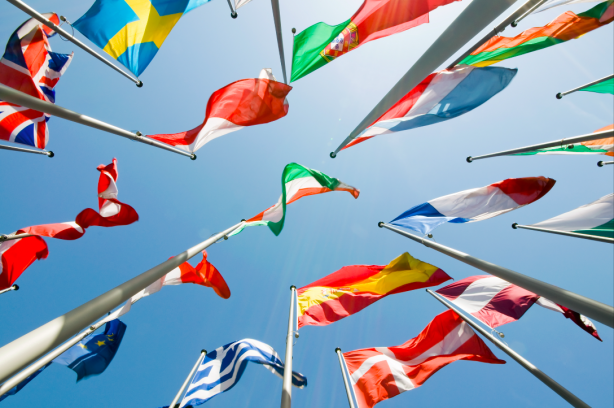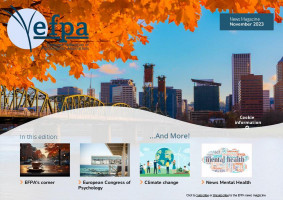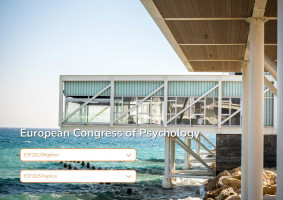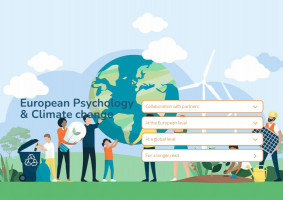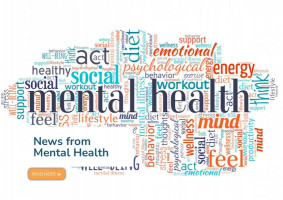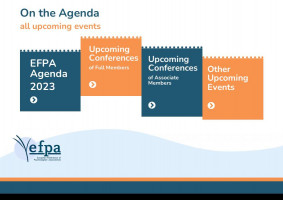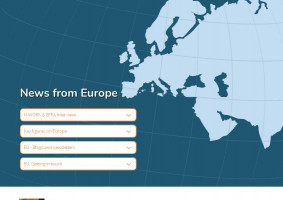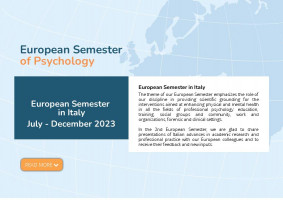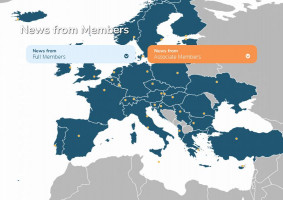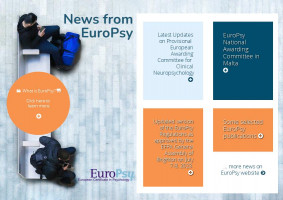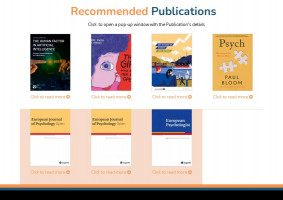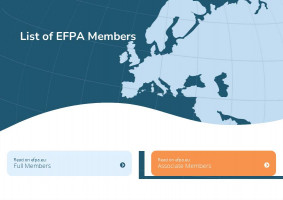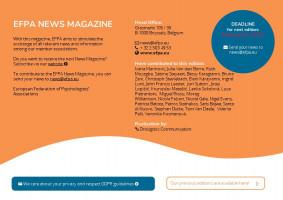-
H-Work Project
Interview with Luca Pietrantoni
Q: With the H-WORK project ending after 45 months, how do you feel as the project coordinator?
I feel a great sense of accomplishment and pride. It has been an incredibly rewarding journey working with our talented consortium. I'm grateful to have led such a dedicated team at the University of Bologna that made meaningful impacts through our research and innovations.
Q: According to you, what are the main outcomes from the project?
There are a few key outcomes I would highlight. Firstly, the online intervention platform provides practical resources managers can use to assess risks, design interventions and evaluate programs. Our H-Work Roadmap distills evidence-based guidance for organizations to follow. Check the tool here. The Roadmap represent a key exploitable result both for researchers and practitioners. Finally, the 10 policy briefs, tapping on several topics ranging from social media and AI to recommendations for SMEs, constitute an insightful piece of advice to policymakers and relevant stakeholder at EU level.
Q: Could you shed light on some critical points the project encountered?
A major insight was recognizing different needs in SMEs versus public sector entities. While SMEs often pioneer creative initiatives, their limited resources pose constraints. Meanwhile, public organizations may prioritize visible displays over effective solutions. This showed us that tailored approaches are required. Additionally, balancing consortium partners' priorities, from publications to impact, was a challenge but also revealed the value of embracing diverse strengths. Lastly, we learned local social partners are crucial to involve, though EU projects can seem detached from their realities - deeper engagement is key.
Q: What were the key strengths and innovations of the project?
Our project had several notable strengths that allowed us to make important contributions to improving workplace wellbeing. We pioneered new intervention methods such as the multilevel approach, realist evaluation techniques, and leveraging digital tools. These innovative frameworks can serve as models for developing impactful wellbeing programs.
Secondly, we not only created these methods but also demonstrated their application for addressing emerging challenges. For example, we used our tools to tackle issues related to job instability, skill gaps, and career frustration arising from technological and business model disruptions. Our project built an expansive knowledge base on organizational wellbeing through multi-disciplinary research and 10 intervention sites across Europe. This provides a solid foundation for further work in this domain.
Q: What will be the main issues on mental health at work in the next years?
The adoption of remote and hybrid working models, accelerated by the COVID-19 pandemic, is expected to continue. These models have been shown to improve work-life balance, mental health, and physical activity for some employees. However, they also present challenges like feelings of isolation, which employers will need to address. In the future, employees might experience “digital burnout” due to constant connectivity, high volumes of digital communication, and overuse of technology. Additionally, innovative work arrangements such as four-day workweeks are expected to gain traction as organizations seek to promote employee well-being and work-life balance.
In the future, automation and artificial intelligence may displace certain jobs. Some workers may struggle with identity issues as their sense of purpose and self-worth becomes less defined by their occupational roles. These issues should be on the workplace mental health agenda in the upcoming future.
Q: How was the relationship with the sisters’ projects and other European initiatives?
We created synergies with other EU projects on organizational well-being and mental health in the workplace such as MENTUPP, H-WORK, EMPOWER, Magnet4Europe, and Mindbot. We aim to upscale and create a "cluster on mental health in workplace interventions," akin to the European Alliance Against Depression. Ursula von der Leyen, our President of the European Commission, in her 2022 State of the Union speech, announced a new initiative on mental health.
The Commission adopted a Commission Communication on 7 June 2023, promoting a comprehensive, prevention-oriented, and multi-stakeholder approach to mental health. The EU launched a Call for best and promising practices on mental health, focusing on new challenges such as breaking through stigma around mental health. While this is relevant in some workplaces, it also offers a range of non-clinical services to improve health, particularly mental health, such as sport and physical activity, access to nature, and green spaces. We are delighted to have submitted H-work as a best practice.
Q: Which are the next steps?
Another step would be to interface with agencies assessing and promoting social sustainability in organizations. Social sustainability and following Environmental, Social, and Governance (ESG) principles are increasingly important for private sector companies to attract the right people, keep them in the company, and make sure their skills match the job needs. Following ESG principles shows that a company cares about these values, making it stand out and attract people who share these values. When a company shows it cares about these issues, employees are likely to stay longer, creating a good work culture and reducing the chances of people leaving. Focusing on social sustainability can encourage continuous learning and skill development, increase satisfaction and reduce turnover. It's vital to equip organizations, especially, with tools that bolster their social sustainability, extending beyond merely environmental sustainability, with psychology offering crucial knowledge in this domain.

-
EFPA will report from the Final event of H-Work in a special edition of the NewsMag in December 2023.
Report from Ala Akbarian (Master’s Student and Tutor of WOP-OHP @UniBo) European and global reports indicate an increase in the spread and severity of mental health problems among the general population in recent years, such as depressive episodes, anxiety symptoms, adjustment reactions, and burnout syndrome. Accordingly, the European Agency for Safety and Health at Work (EU-OSHA) reported that common mental disorders, absenteeism, unemployment, and long-term disability can be directly linked to work-related stress and are dramatically growing across a number of the EU Member States.”
H-Work Project, funded under European Union’s Horizon 2020 research and innovation programme, has the purpose of designing, implementing, and validating effective multi-level assessment (IGLO: Individual, Group, Leader, Organization) and intervention toolkits, evaluating individual and organisational outcomes of the adopted measures and provide further innovative products and services. The aim is to effectively promote mental health, along with policy recommendations (Policy Briefs) for employers, occupational health professionals and policy makers.
The strategy was to translate the aim into practice in three distinct phases including Preparation, Implementation, and Exploitation.
Preparation consisted of protocol elaboration for H-Work toolkits for assessment, intervention and evaluation (HAT, HIT, HET); Implementation focused on tests and validation of the H-WORK Toolkits through their application in the intervention sites (Public organisations and SMEs involved) during a 18-months period ensuring a longitudinal approach; and finally, the Exploitation promoted the H-WORK Toolkits and bring the H-WORK Innovation Platform to the market, for policy makers, CEOs, managers, health professionals, insurance companies and researchers.
The final event at the University Bologna included the description of the project, and statistics about the scope of the project; a showcase of the H-WORK Interactive Tool; a fruitful panel discussion on lessons of H-WORK partners; Keynotes by Frank Krause on Change, and Sarah Copsey (EU OSHA) on managing new challenges and opportunities of psychosocial risks at work; along with the round table on the policy briefs and their implications, turned out to be an amazing learning experience.
Pictures of the Final event of H-Work in the following album
Back to top

European Commission: New Eurobarometer on Mental Health now available
October 2023
Large majority of Europeans consider mental health promotion as important as physical health promotion.’
The Eurobarometer confirms that recent events such as the COVID-19 pandemic, Russia's aggression in Ukraine, the climate crisis, and other societal and economic pressures, have exacerbated the already poor levels of mental health in Europe. Before the COVID-19 pandemic, one in six people in the EU suffered from mental health issues and the situation has worsened. Most respondents replied that recent world events have influenced their mental health ‘somewhat' (44%) or ‘to a great extent' (18%).
The most important factors to achieve good mental health are living conditions (60%), followed by financial security (53%), physical activity and social contact (both 41%).
Most respondents (60%) think that the most important factors to achieve good mental health are living conditions, followed by financial security (53%). About a third of Europeans consider that being in contact with nature and green spaces (35%), sleeping habits (35%), physical activity (34%) and social contact (33%) are key contributors to good mental health. In all Member States however, a large majority believe that the use of social media can negatively impact the mental health of young people.
In terms of how the EU can contribute the most to improving the mental health of European citizens, the largest share of respondents selected ‘improving the overall quality of life' (45%), followed by ‘improving access and support to diagnosis, treatment and care of mental health patients' (37%), and ‘supporting the mental health of the most vulnerable' (35%).
Key figures on Europe
2023 edition
This sixth edition of Key figures on Europe follows on from the success of previous years’ publication. It aims to provide intuitive visualisations, innovative data presentations and more concise text, so users can rapidly obtain an understanding of differences between Member States.
This publication provides you with a selection of interesting key statistics on the European Union (EU), its Member States as well as the countries of the European Free Trade Association (EFTA). Drawing from the rich collection of data available at Eurostat, we aim to provide insight into the current situation and recent developments across the EU with regard to people and society, the economy and business, and the environment and natural resources.
This publication may be viewed as an introduction to EU statistics and provides a starting point for those who wish to explore the wide range of data that is freely available on Eurostat’s website and presented in a large number of online articles in Statistics Explained.
Download the publication here
Back to top
Blogs & newsletters
Interesting blogs to follow and newsletters to subscribe to:
Mental Health Europe
GAMIAN EUROPE - Global Alliance of Mental Illness Advocacy Networks Europe
European Commission Public Health-EU: e-newsletter
European Parliament IMCO (Internal Market Committee)
European Social Network ESN
Global Network of Psychologists for Human Rights
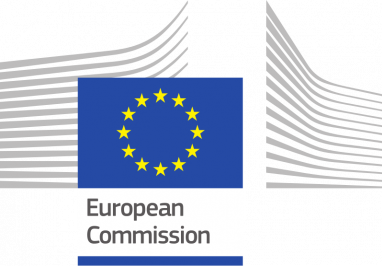
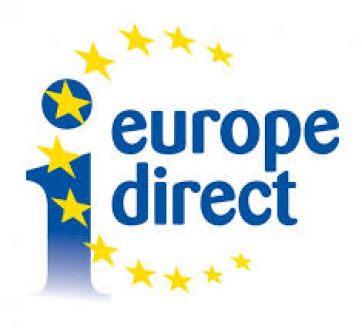
In person:
All over the European Union there are hundreds of Europe Direct information centres. You can find the address of the centre nearest you at: https://europa.eu/european-union/contact_en
On the phone or by email:
Europe Direct is a service that answers your questions about the European Union. You can contact this service:
by freephone: 00 800 6 7 8 9 10 11 (some operators may charge for these calls),
at the following standard number: +32 22999696 or
by email via: https://europa.eu/european-union/contact_en
EU publications
You can download or order free and priced EU publications here
Multiple copies of free publications may be obtained by contacting Europe Direct or your local information centre

EU law and related documents
For access to legal information from the EU, including all EU law since 1952 in all the official language versions, go to EUR-Lex at:
http://eur-lex.europa.eu
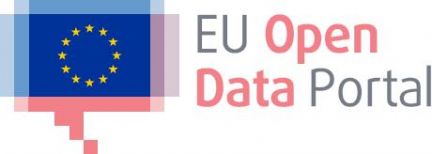
Open data from the EU
The EU Open Data Portal ( http://data.europa.eu/euodp/en)
provides access to datasets from the EU. Data can be downloaded and reused for free, for both commercial and non-commercial purposes.
Back to top
_w680_h710_1.png)
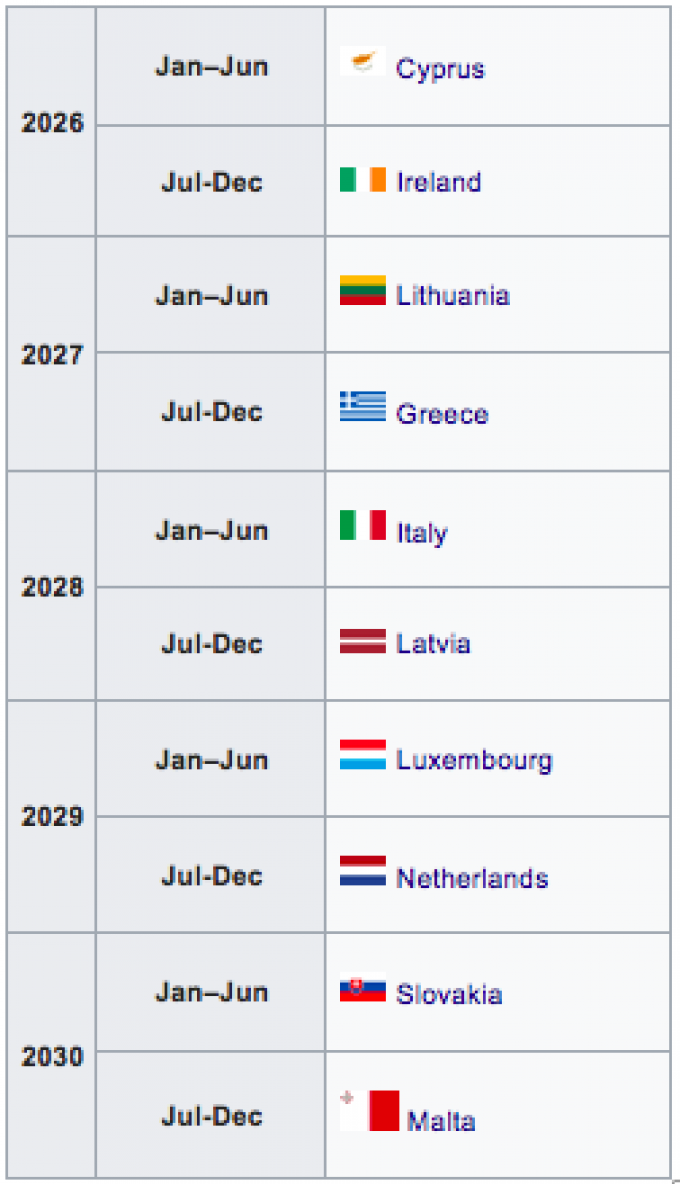
Back to top
(1)_w1700_h406_1.png)


start_w1454_h1200_1_1.jpg)



